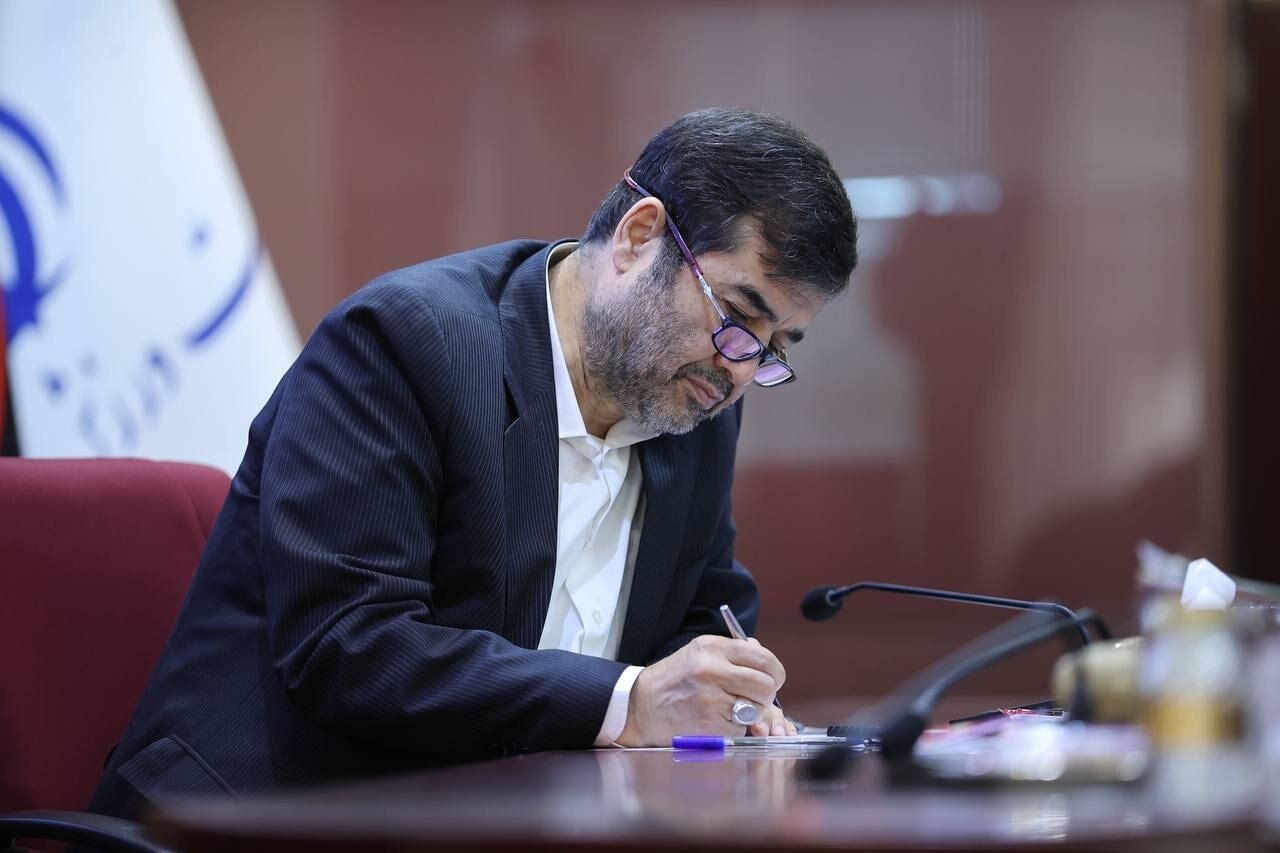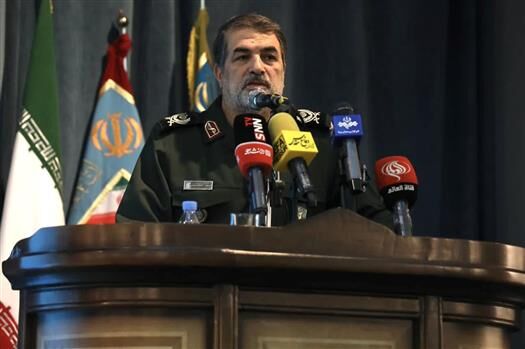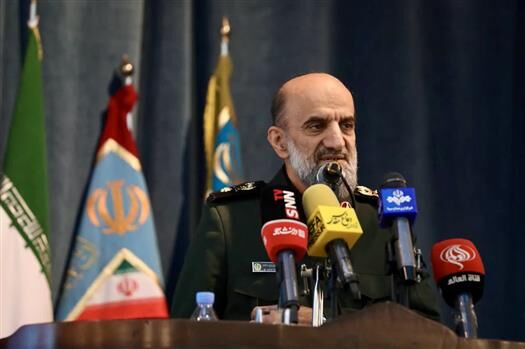EU Commission proposes freezing Israel trade pact over Gaza
EU Commission proposes freezing Israel trade pact over Gaza

The European Commission has announced a proposal to suspend free trade with Israel and sanction two Israeli ministers, in measures that would represent a major blow to Israel-EU relations.
"The horrific events taking place in Gaza on a daily basis must stop," EU Commission President Ursula von der Leyen said on Wednesday after presenting the proposal to the EU Council.
"There needs to be an immediate ceasefire, unrestrained access for all humanitarian aid, and the release of all hostages held by Hamas."
The move comes day after Israeli forces launched a ground offensive on Gaza City and a major UN investigation found Israel guilty of genocide.
The Commission is proposing a suspension of the trade-related pillar of the Israel-EU Association Agreement, a decades-long deal which governs political and diplomatic relations between the two sides.
Trade Commissioner Maros Sefcovic said on Wednesday that if a qualified majority is reached, the EU will impose 230m euros ($166m) tariffs on 37 percent of the 15.9bn euros of the EU’s imports from Israel, instead of free trade.
Israel is the EU's largest trade partner. In 2024, EU-Israel trade reached a record 42.6bn euros, of which 37 percent is “preferential treatment”, according to the EU's foreign policy chief Kaja Kallas.
"So definitely this step will have a high cost for Israel," Kallas told Euronews on Tuesday.
Separate from the proposal, the Commission is also freezing its bilateral support to Israel, with the exception of support to civil society and Yad Vashem, an official statement said.
This affects millions in planned funding for Israel, halting both direct financial support and institutional cooperation projects. Under the current budget framework, Israel was due to receive around 6m euros annually between 2025 and 2027. In addition, projects worth about 14m euros, including twinning initiatives and regional cooperation linked to the Abraham Accords, will be suspended.
Israel's Foreign Minister Gideon Saar denounced the proposals as "morally and politically distorted".
"Moves against Israel will harm Europe’s own interests," he said.
"Steps against Israel will be answered accordingly, and we hope we will not be required to take them."
Will the proposal be approved?
The suspension of the free trade provisions would require the approval of a qualified majority of the 27 EU members, which is also known as a “double majority rule” of at least 55 percent of member states (15/27) and 65 percent of the EU population.
The rule would require Italy or Germany to support the bid, explained Claudio Francavilla, associate EU director at Human Rights Watch. The two nations represent 32 percent of the EU population, a bulk of the blocking minority.
The two nations, however, have yet to approve any proposal to sanction Israel during the genocide.
"Their position is both morally and legally unsustainable, and has de facto paralysed EU action," Francavilla told MEE.
'If tragically too slowly, the tide keeps changing in the right direction'
- Claudio Francavilla, HRW
Kallas urged member states who disagree with the proposal to recommend alternatives.
"We had very intensive discussions in the Foreign Affairs Council about this," Kallas said.
"My question to all counterparts, because it's not only Germany, was that if you agree on the diagnosis that the situation is extremely grave, the situation is disastrous, and untenable, then the question is, what do we do about this?"
"If you don't support these measures, then what measures can you support? Bring alternatives," Kallas added.
The proposal also includes sanctions on Israeli National Security Minister Itamar Ben Gvir and Finance Minister Bezalel Smotrich, as well as 10 Hamas members.
Targeted sanctions, however, require the unanimous approval of all 27 member states, making its adoption unlikely. Hungary, the Czech Republic, Italy and Austria have consistently opposed targeted sanctions.
"If tragically too slowly, the tide keeps changing in the right direction," Francavilla told MEE.
"German conservative von der Leyen, a staunch Israeli ally, has finally acknowledged the failure of dialogue and officially proposed measures; the European Parliament, despite its right wing and pro-Israel majority, has endorsed those measures in a resolution last week," he added.
A group of EU states have taken unilateral steps against Israel over the past few months as the bloc as a whole has demurred.
Earlier this month, Spain barred Ben Gvir and Smotrich from entering the country, and Prime Minister Pedro Sanchez declared nine measures were being taken that he said aimed at preventing Israel's genocide in Gaza.
The measures included a full arms embargo on Israel and the banning of the entry of Israeli officials suspected of involvement in the genocide.
In their meeting in mid-July, the EU’s 27 foreign ministers failed to agree on the suspension of the association agreement. They also failed to agree on nine other possible measures against Israel put forward after it was found to have breached the human rights provisions of the trade agreement.
The measures that would have been agreed included full suspension of the agreement, suspension of its preferential trade provisions, an arms embargo, sanctions on Israeli ministers, and imposing a ban on trade with Israeli settlements in occupied Palestine.
Slovenia last month became the first EU country to take action independently, imposing a full arms embargo on Israel. Later in August, Germany announced the suspension of military exports to Israel that could be used in Gaza, in response to Israel’s plan to fully occupy the Palestinian enclave.
Sweden and the Netherlands have also called on the EU to suspend the agreement with Israel over the continued Gaza siege and its ban on the UN's humanitarian aid operations.
But Dutch Foreign Minister Caspar Veldkamp resigned last month citing his government's failure to impose additional sanctions on Israel.












